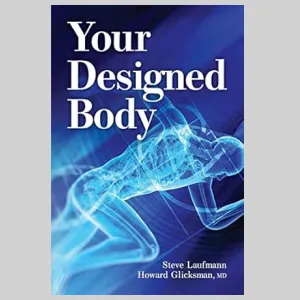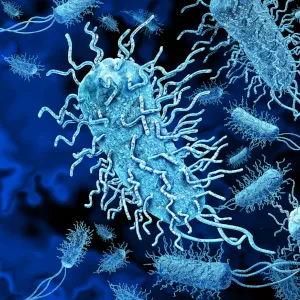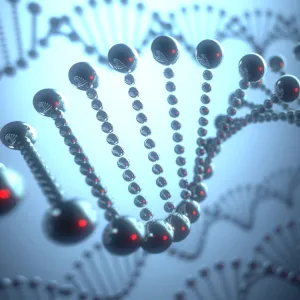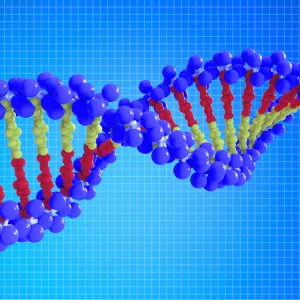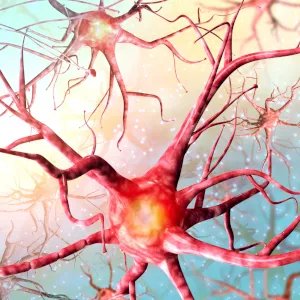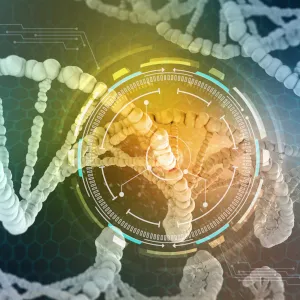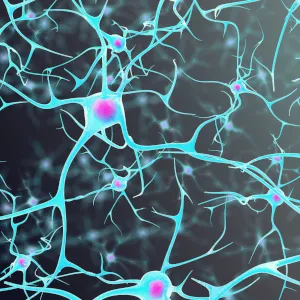Your Designed Body
Posted on: 10 October 2025 by Richard Worsley
Posted in: [Creation and World History] [Biology]
Your Designed Body
The article introduced in this video is a review of the book "Your Designed Body", written by a medical doctor and an engineer. Whilst biology has been greatly influenced by evolutionary thinking, engineering is all about design and creating things to perform a function. This book demonstrates how the human body is an amazing piece of design, showing characteristics of irreducible complexity (the idea that each part cannot perform a useful function without the other parts being in place). The book also addresses some of the claims of 'poor design', and shows how most of these can be refuted without much difficulty. We are once again presented with the fact that biological systems have got to be the product of intelligent design, and that the designer has got to be God.
Go to Post
